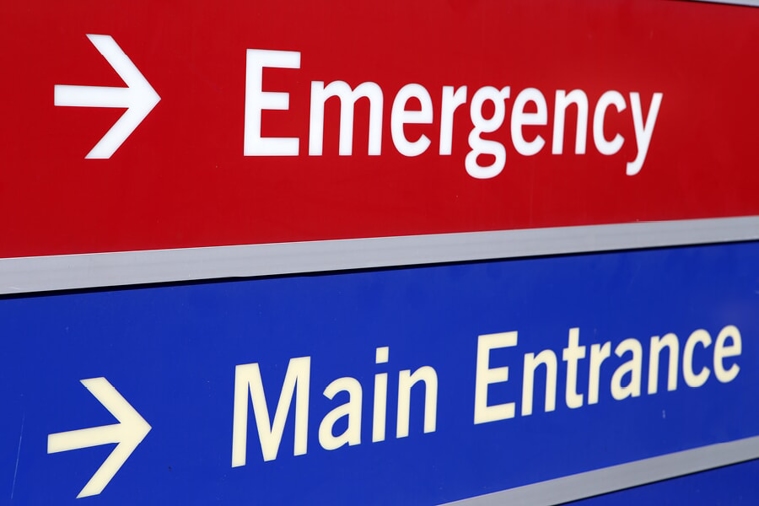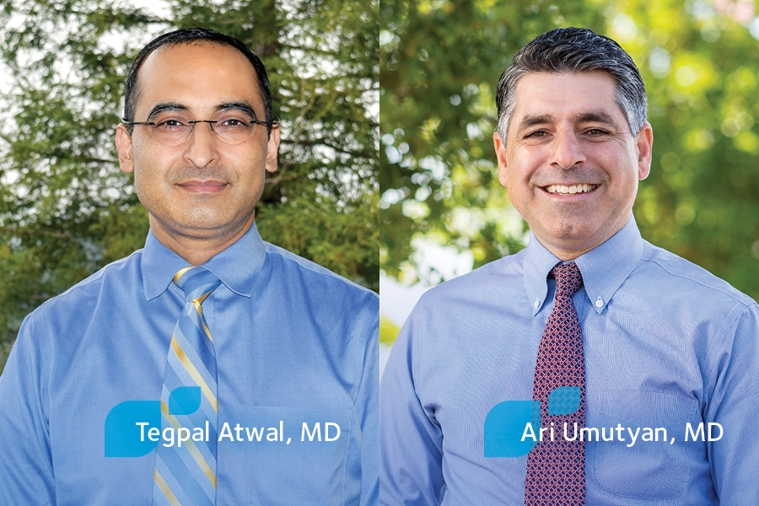What’s the Difference Between a Heart Attack and a Stroke?
Mar 31, 2023

Heart attacks and strokes have quite a bit in common: they are both medical emergencies caused by a sudden cut-off in blood flow. In a heart attack, the blood flow to your heart is suddenly blocked. A stroke occurs because of a sudden interruption of blood flow in your brain. With both conditions, timely medical care is crucial for lowering the damage to your brain or heart.
Know the signs of stroke: Act F.A.S.T.
When someone is having a stroke, minutes matter – it’s crucial that they receive care as quickly as possible to reduce the chances of brain damage. Call 911 right away if you notice any symptoms of a stroke in someone else or experience them yourself, including:
- Numbness or weakness in your face or limbs, especially affecting only one side of the body
- Confusion, difficulty speaking or trouble understanding others
- Blurred or impaired vision in one or both eyes
- Dizziness, difficulty walking or balance problems
- An excruciating headache with no known cause
When all else fails, remember to act F.A.S.T! F.A.S.T. is an established acronym to help you remember the signs of a stroke. It stands for:
- Face – Is one side of the face drooping?
- Arms – When raising both arms, does one drift downward?
- Speech – Is speech slurred or garbled?
- Time – Act quickly; if you observe any of these signs, call 911 immediately.
Common heart attack symptoms
Like with stroke, quick heart attack treatment is crucial. Not only does prompt medical care reduce the amount of heart damage, but it may save your life.
Know what symptoms to look for in yourself or a loved one, including:
- Chest pain, especially on the left side or center of your chest
- Discomfort that radiates from your chest through your shoulders or arms
- Jaw, neck or back pain
- Feelings of fullness, pressure or squeezing in your chest
- Shortness of breath, even at rest
- Weakness or lightheadedness
Signs of a heart attack in women
While women often also experience chest pain with a heart attack, they are more likely than men to experience subtler and less specific heart attack symptoms, such as:
- Anxiety
- Back pain
- Difficulty sleeping
- Indigestion
- Nausea
- Severe fatigue
Because these symptoms vary from what women may read about heart attacks, many women delay seeking treatment. But a heart attack is an emergency – the sooner you receive treatment, the less damage to your heart.
Is chest pain always an emergency?
Chest pain is one of the primary symptoms of a heart attack – but there are many conditions that also cause chest pain. Heart disease, lung conditions and even anxiety can cause discomfort in your chest. If you have chest pain that comes on sharply and suddenly and doesn’t go away with rest, seek emergency care, because it could be a heart attack.
If chest pain worsens during physical activity and lessens during rest, it may be more likely to be angina, or chest pain caused by heart disease. You still shouldn’t wait to seek treatment. Speak with your healthcare provider for diagnosis and treatment options.
If you or a loved one experiences any symptoms of a heart attack or stroke, call 911. Timely treatment is crucial and can even save your life.


